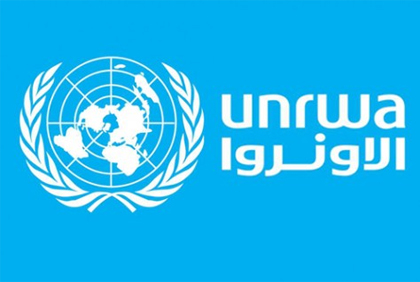The news and research office that I have been running since 1987 focuses on UNRWA, with the hope that the 5.3 million descendants of Arab refugees from 1948 who benefit from UNRWA services in 59 refugee camps will one day reach an appropriate humanitarian solution to their plight.
In a positive development, the UNRWA donor countries will gather in Brussels next week. UNRWA donors, working in tandem, can perform a constructive role in providing the best possible services to the Palestinian refugee population.
Since the international donor conference plan to deal with all UNRWA policies, we would like to know if these nations have the following six UNRWA policy questions on the table:
• Will donors insist that the UNRWA curriculum, which incorporates principles of Jihad, martyrdom and “right of return” by force of arms, be cancelled in UN schools, which are supposed to advance the UNRWA slogan of “Peace starts here”?
• Will donors insist that paramilitary training cease in all UNRWA schools, which should demonstrate commitment to UN principles for “peace education”?
• Will donors insist that UNRWA dismiss employees who are affiliated with Hamas, in accordance with laws in Western nations, which forbid aid to any agency that employs members of a terrorist organization?
• Will donors insist that UNRWA cancel its contract with “youth ambassador” Mohammad Assaf, who travels the world encouraging violence? Would this not be the appropriate time for donor nations to ask that UNRWA cancel that contract with a harbinger of war?
• Will donors insist on an audit of donor funds that flow to UNRWA? This demand would address widespread documented reports of wasted resources, duplication of services and the undesired flow of cash to Gaza-based terror groups, which gained control over UNRWA operations in Gaza over the past 18 years.
• Will donors insist that UNRWA introduce UNHCR standards in order to advance the resettlement of Arab refugees, after more than 70 years? Current UNRWA policy is that refugee resettlement would interfere with the “right of return” to Arab villages that existed before 1948.









